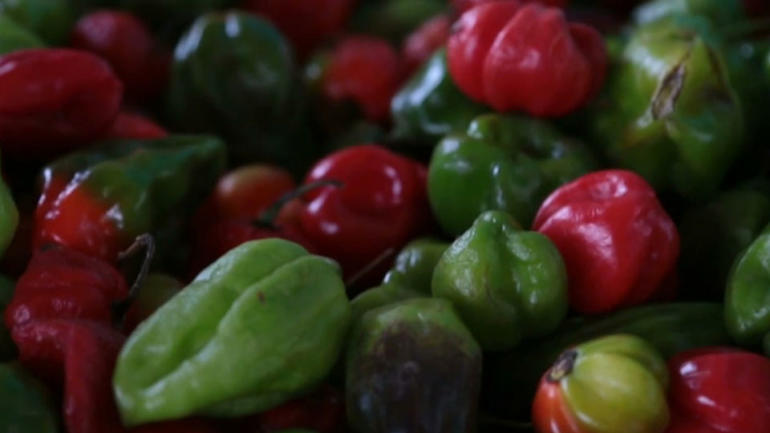Shortages of gasoline and diesel are making it difficult for Venezuela’s farmers and cattle ranchers to get their goods to market.
CGTN’s Juan Carlos Lamas reports from the state of Cojedes.
Rain or shine, 40-year-old Daniel Aular rounds up his cows and milks them by hand twice a day, six days a week.
Aular and his family of five depend on the sale of the milk and other products they make on this farm southwest of Caracas. Not much about his dairy operation has changed over the last twenty years, except now his only customers are locals.
Aular says he can’t afford the time it would take to buy the gasoline he would need to get his goods to market.
“For me it’s better to stay here, so my products don’t get damaged while I wait to get gas in the extreme heat. Traveling to the city these days is too risky and dangerous,” said Daniel Aular a farmer.
Venezuela is an oil-rich country, yet its citizens are facing extreme shortages of gasoline.
The gas shortage means Carlos Otaiza keeps his truck parked at his farm, except for emergencies. Two months ago, after yet another incidence of getting stuck on the road without enough gas to get home, he’d had enough – and stopped taking his produce to market. Otaiza now keeps the fruit and vegetables he grows for himself, his wife and their two daughters.
“We’d like to travel to markets outside our village, but we’ve decided not to, since most of the time there’s no gasoline. We prefer to stay at home even if that means we stop selling,” said Carlos Otaiza a farmer.
With fewer farmers and cattle ranchers distributing their products, there is a trickle-down effect, resulting in further shortages and higher prices in supermarkets.
“If I cannot find the gasoline, which has happened quite a lot lately, I just pay some people to bring it to me, but that means extra money I have to pay, and as a result I need to increase the prices. Otherwise there won’t be profits,” said Teodoro Otaiza a farmer.
Carlos’s brother Teodoro is also a farmer, and pays people to wait in line to buy gas for him . so he can travel to this small market 20 miles away . It’s a practical solution for now, but an option many farmers and ranchers in this fertile valley are finding they can no longer afford.
 CGTN America
CGTN America

